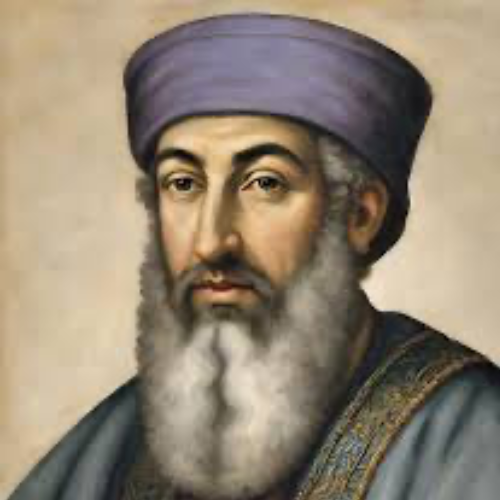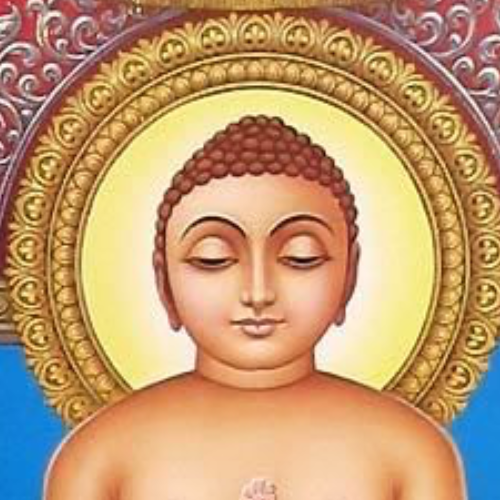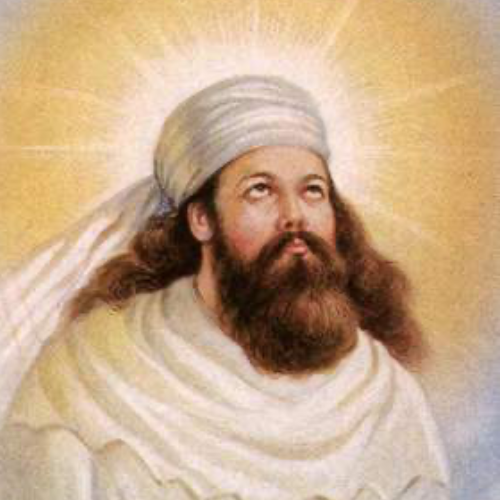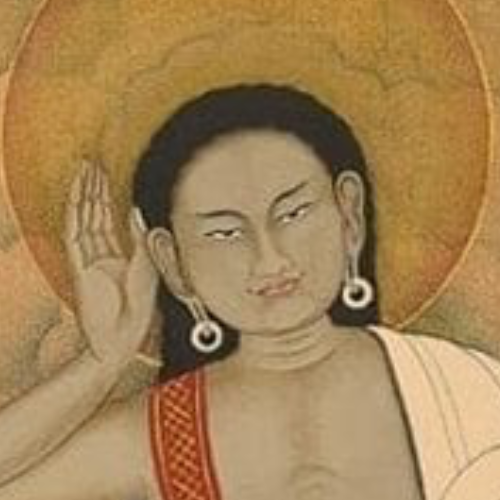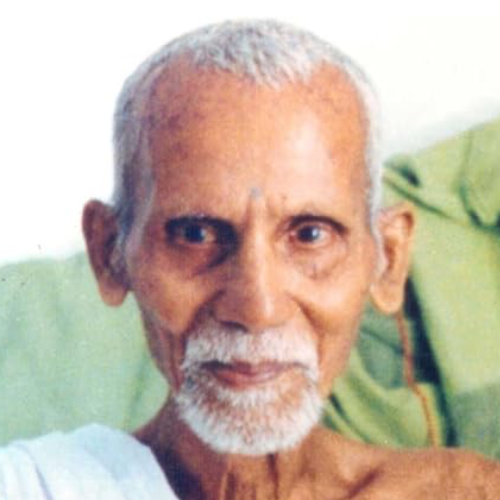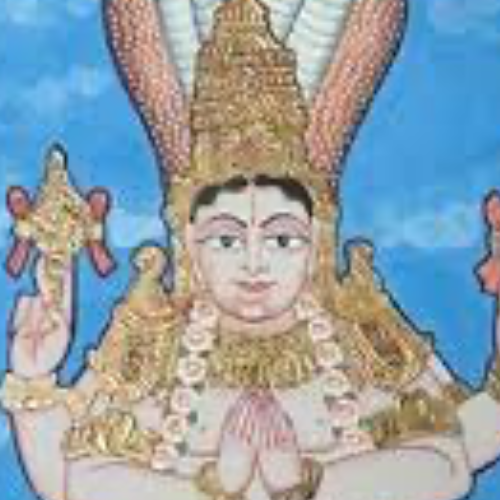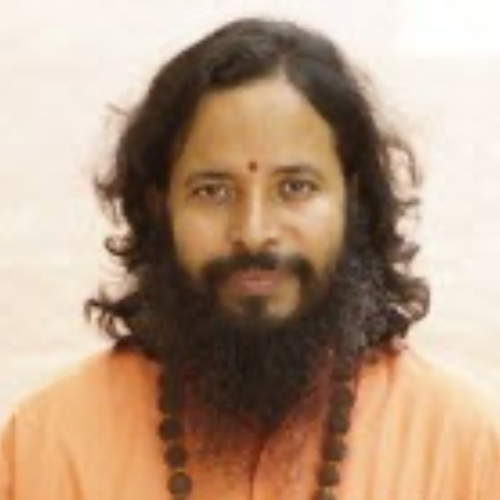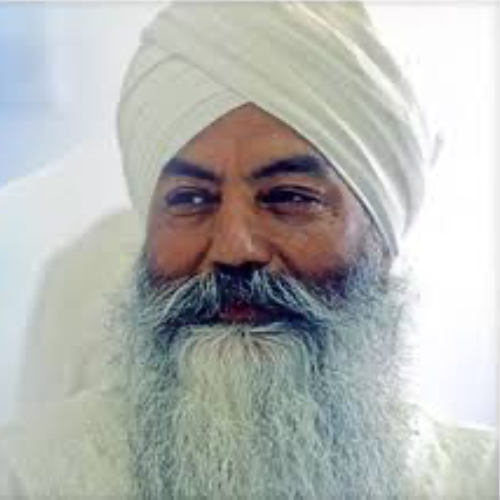If men possessed wisdom, which stands in the same relation to the form of man as the sight to the eye, they would not cause any injury to themselves or to others, for the knowledge of the truth removes hatred and quarrels, and prevents mutual injuries.
It is better and more satisfactory to acquit a thousand guilty persons than to put a single innocent one to death.
He who immerses himself in sexual intercourse will be assailed by premature aging, his strength will wane, his eyes will weaken, and a bad odour will emit from his mouth and his armpits, his teeth will fall out and many other maladies will afflict him.
This must be our belief when we have a correct knowledge of our own self, and comprehend the true nature of everything; we must be content, and not trouble our mind with seeking a certain final cause for things that have none, or have no other final cause but their own existence, which depends on the Will of God, or, if you prefer, on the Divine Wisdom.
God is identical with His attributes, so that it may be said that He is the knowledge, the knower, and the known.
The generation of Isaiah did not require the detailed description; his account, "I saw the Lord," &c., sufficed. The generation of the Babylonian exile wanted to learn all the details. ...Isaiah was so familiar with it that he did not consider it necessary to communicate it to others as a new thing, especially as it was well known to the intelligent.
No form remains permanently in a substance; a constant change takes place, one form is taken off and another is put on.
There is no difference between the pain of humans and the pain of other living beings, since the love and tenderness of the mother for the young are not produced by reasoning, but by feeling, and this faculty exists not only in humans but in most living beings.
The goal of good health is to enable a person to acquire wisdom.
Those who believe that... detailed rules originate in a certain cause, are as far from the truth as those who assume that the whole law is useless.
While one man can discover a certain thing by himself, another is never able to understand it, even if taught by means of all possible expressions and metaphors, and during a long period; his mind can in no way grasp it, his capacity is insufficient for it.
Man's shortcomings and sins are all due to the substance of the body and not to its form; while all his merits are exclusively due to his form.
God cannot be compared to anything. Note this.
There are eight rungs in charity. The highest is when you help a man to help himself.
You will find that there is no other difference of opinion as regards any portions of the Universe, except that the philosophers believe in the Eternity of the Universe and we believe in the Creation. Note this.
How individuals of the same species surpass each other in these sensations and in other bodily faculties is universally known, but there is a limit to them, and their power cannot extend to every distance or to every degree.
One should see the world, and see himself as a scale with an equal balance of good and evil. When he does one good deed the scale is tipped to the good - he and the world is saved. When he does one evil deed the scale is tipped to the bad - he and the world is destroyed.
Give a man a fish and you feed him for a day; teach a man to fish and you feed him for a lifetime.
Work before eating, rest after eating. Eat not ravenously, filling the mouth gulp after gulp without breathing space.
The same is the case with those opinions of man to which he has been accustomed from his youth; he likes them, defends them, and shuns the opposite views.
Anticipate charity by preventing poverty; assist the reduced fellow man, either by a considerable gift or a sum of money or by teaching him a trade or by putting him in the way of business so that he may earn an honest livelihood and not be forced to the dreadful alternative of holding out his hand for charity. This is the highest step and summit of charity's golden ladder.
The philosophers likewise assume that in Nature there is nothing in vain, so that everything that is not the product of human industry serves a certain purpose, which may be known or unknown to us.
The being which has absolute existence, which has never been and will never be without existence, is not in need of an agent.
